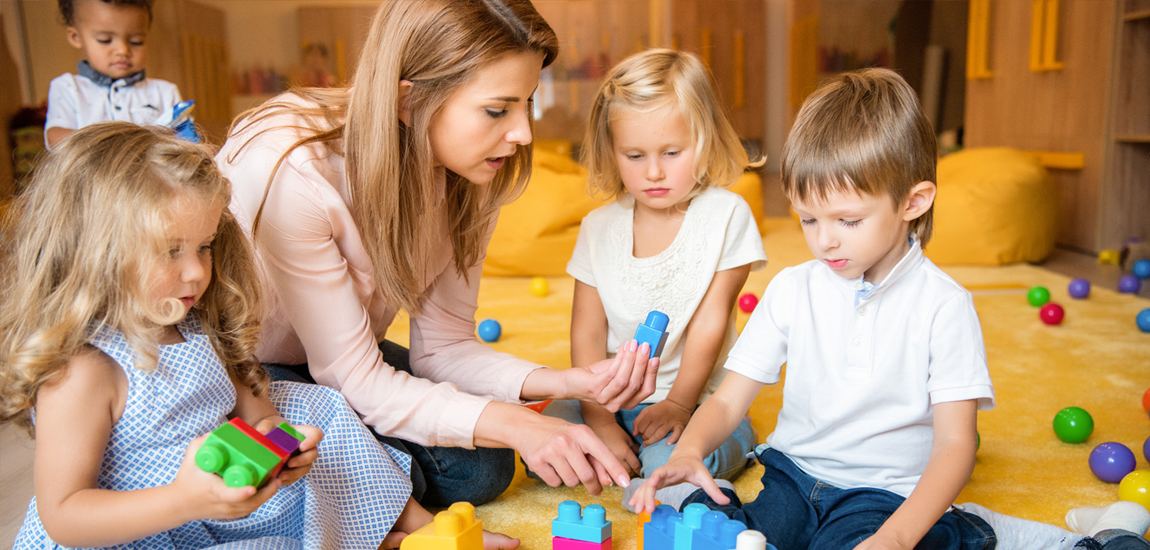Sports and physical activities are essential for children’s overall well-being. These activities go beyond just physical health, playing a crucial role in cognitive growth, emotional resilience, and social skills development. Through regular engagement in sports, children learn valuable life skills while improving both their mental and physical capabilities.
The Role of Sports in Child Development
Participating in sports teaches children important life skills such as:
- Teamwork: Collaborating with peers to achieve common goals.
- Leadership: Taking initiative and guiding others.
- Resilience: Learning to overcome challenges and setbacks.
Physical and Cognitive Benefits
Regular physical activity improves several key areas of a child’s development, including:
- Focus and Concentration: Enhancing academic performance.
- Mood Regulation: Supporting emotional balance.
- Problem-Solving Skills: Encouraging creative and critical thinking.
Inclusive Sports Programs
Diverse sports programs—from traditional team sports to creative movement activities—ensure every child can participate, regardless of their interests or abilities. These inclusive options help ensure that all children benefit from an active lifestyle while developing a sense of belonging and confidence.





